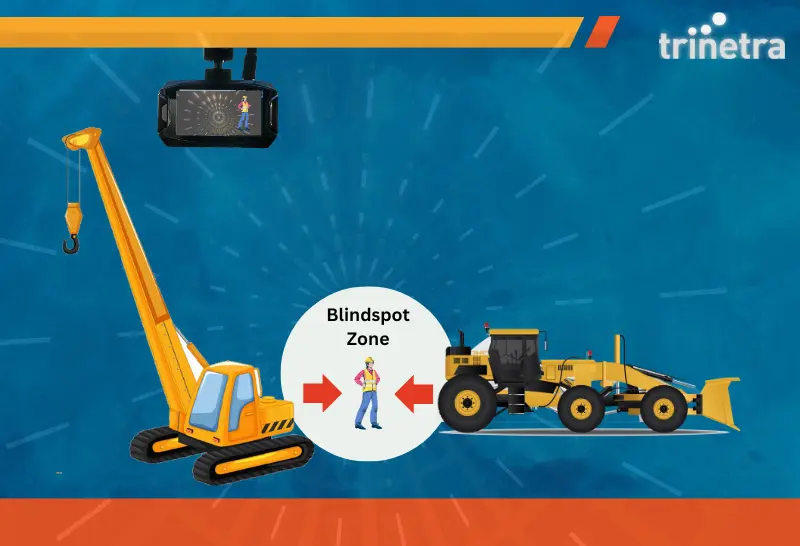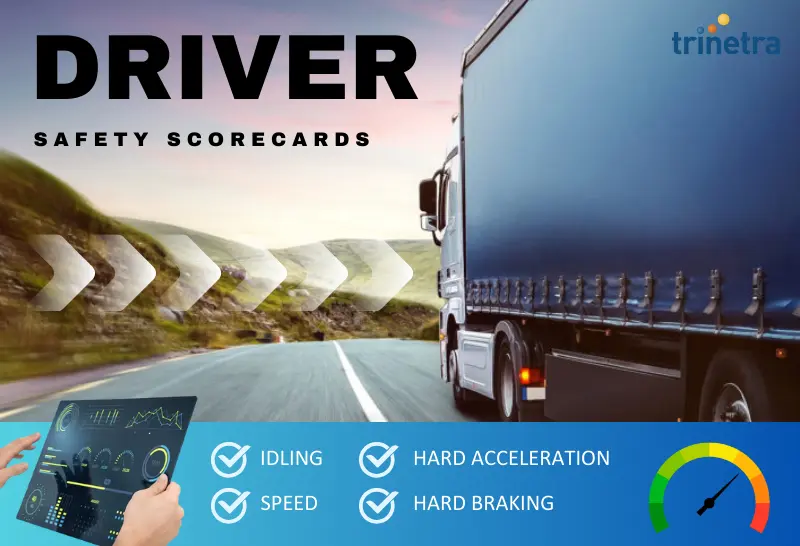The construction industry is a dynamic and complex sector that relies heavily on efficient management of resources, including vehicles and equipment. Fleet management software has become an essential tool for construction companies looking to enhance productivity, reduce costs and ensure safety.
Here are key reasons why the construction industry needs fleet management software:
Enhanced Efficiency & Productivity:
Fleet management software streamlines operations by providing real-time tracking of vehicles and equipment. This allows construction managers to optimize routes, allocate resources more effectively, and reduce downtime. With precise data on vehicle locations and statuses, projects can be completed faster and more efficiently.
Improved Cost Management:
Cost control is crucial in construction. Fuel consumption, repair expenses, and unauthorized vehicle use can all be reduced with the use of fleet management software. By analyzing data on vehicle performance and usage patterns, companies can make informed decisions to cut unnecessary costs and improve their bottom line.
Enhanced Safety & Compliance:
In the construction field, safety is of the highest priority. Fleet management software enables real-time monitoring of driver behavior, ensuring adherence to safety protocols and reducing the risk of accidents. Additionally, the software helps maintain compliance with industry regulations by keeping track of vehicle inspections, maintenance schedules, and driver qualifications.
Better Asset Utilization:
There are several kinds of vehicles and equipment utilized during construction operations. Fleet management software provides insights into asset utilization, helping companies avoid over- or under-utilization of their resources. This ensures all equipment is used efficiently, reducing idle time and increasing productivity.
Data-Driven Decision Making:
With access to comprehensive data on fleet performance, construction companies can make informed decisions to improve operations. Fleet management software offers detailed reports and analytics, enabling managers to identify trends, predict maintenance needs, and plan for future growth.
In conclusion, construction fleet management software is a valuable asset for the construction industry. It enhances efficiency, reduces costs, improves safety, optimizes asset utilization and supports data-driven decision-making, ultimately leading to more successful and profitable projects.











